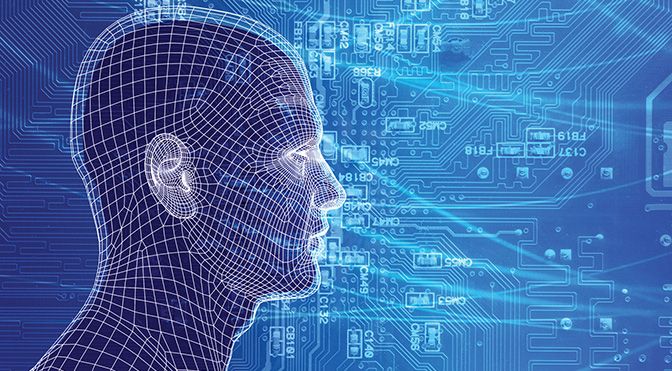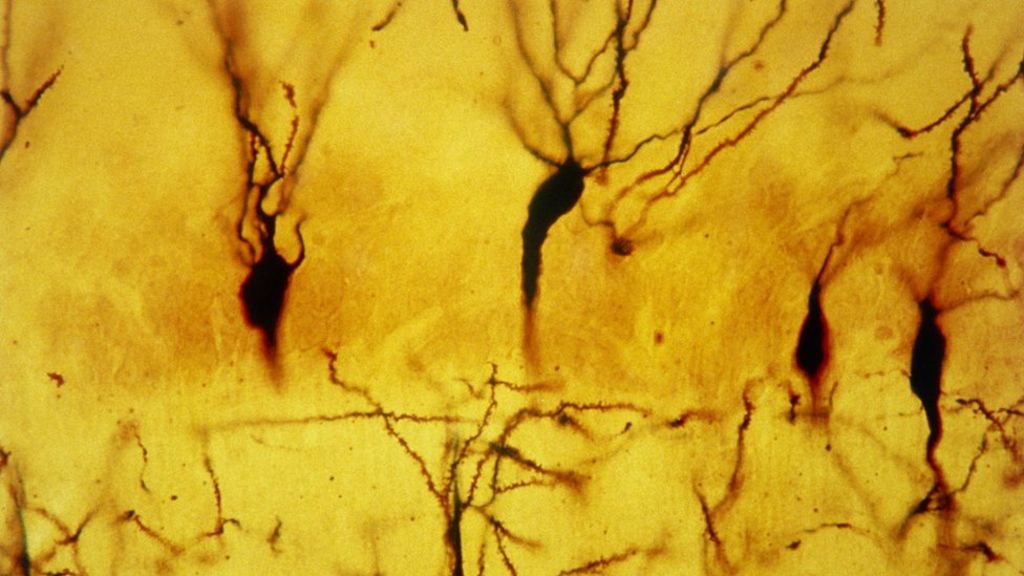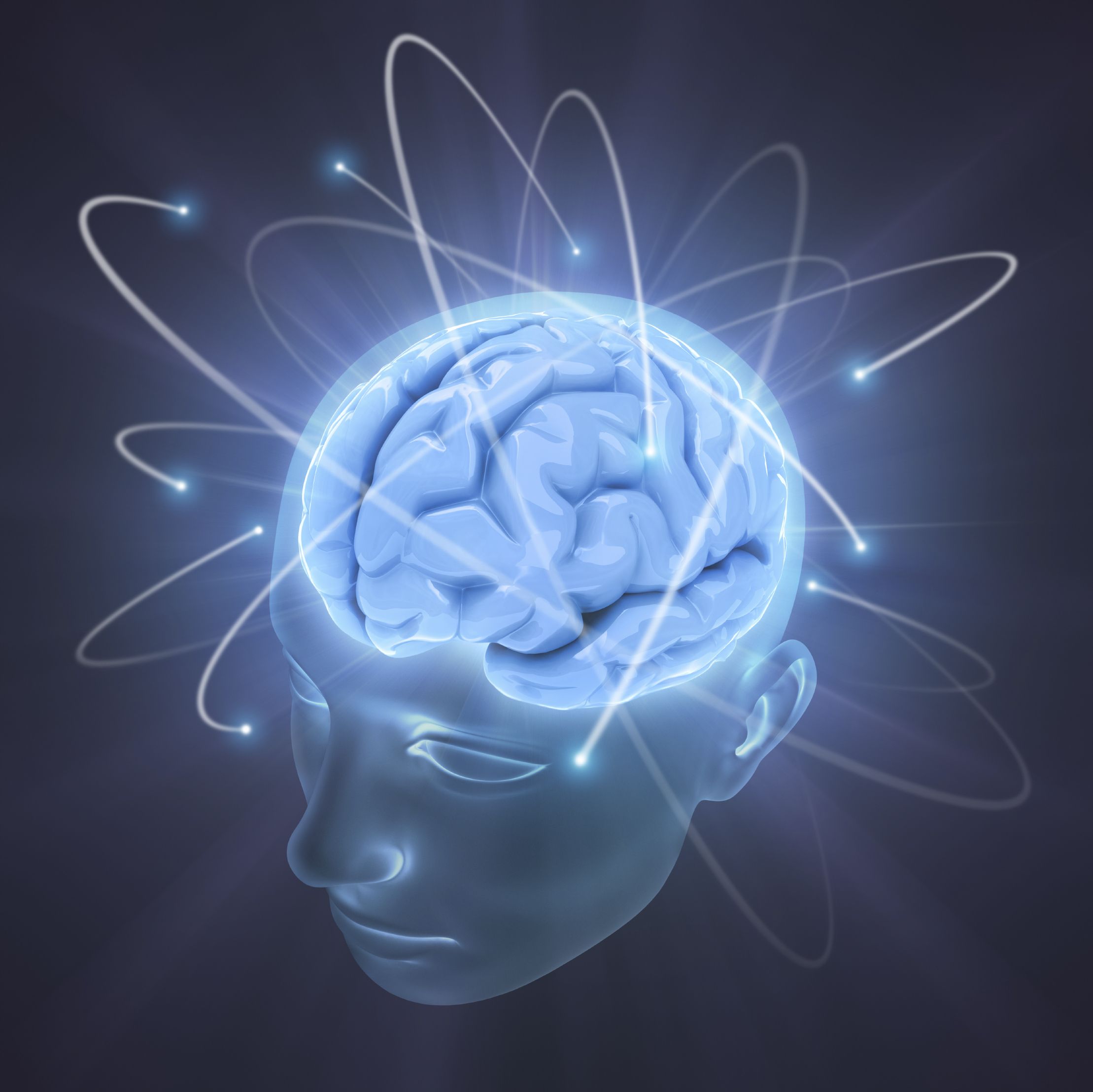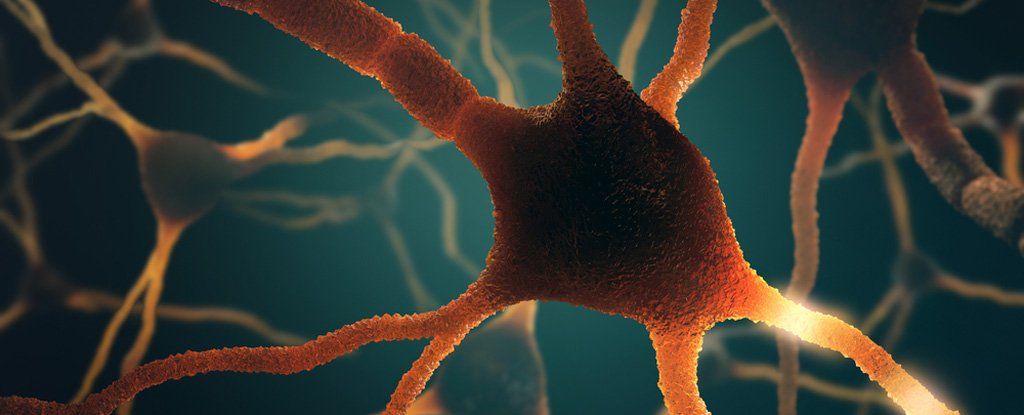Archive for the ‘neuroscience’ category: Page 977
Mar 2, 2016
Human consciousness is simply a state of matter, like a solid or liquid – but quantum
Posted by Shailesh Prasad in categories: neuroscience, quantum physics
Thanks to the work of a small group neuroscientists and theoretical physicists over the last few years, we may finally have found a way of analyzing the mysterious, metaphysical realm of consciousness in a scientific manner. The latest breakthrough in this new field, published by Max Tegmark of MIT, postulates that consciousness is actually a state of matter. “Just as there are many types of liquids, there are many types of consciousness,” he says. With this new model, Tegmark says that consciousness can be described in terms of quantum mechanics and information theory, allowing us to scientifically tackle murky topics such as self awareness, and why we perceive the world in classical three-dimensional terms, rather than the infinite number of objective realities offered up by the many-worlds interpretation of quantum mechanics.
Consciousness has always been a tricky topic to broach scientifically. After all, science deals specifically with effects that can be observed and described mathematically, and consciousness has heretofore successfully evaded all such efforts. In most serious scientific circles, merely mentioning consciousness might result in the rescinding of your credentials and immediate exile to the land of quacks and occultists. (Read: How to create a mind, or die trying.)
Mar 2, 2016
Never Say Die – SELF/LESS from Science-Fiction to –Fact
Posted by Shailesh Prasad in categories: biotech/medical, cyborgs, ethics, health, life extension, neuroscience, robotics/AI, transhumanism

In SELF/LESS, a dying old man (Academy Award winner Ben Kingsley) transfers his consciousness to the body of a healthy young man (Ryan Reynolds). If you’re into immortality, that’s pretty good product packaging, no?
But this thought-provoking psychological thriller also raises fundamental and felicitous ethical questions about extending life beyond its natural boundaries. Postulating the moral and ethical issues that surround mortality have long been defining characteristics of many notable stories within the sci-fi genre. In fact, the Mary Shelley’s age-old novel, Frankenstein, while having little to no direct plot overlaps [with SELF/LESS], it is considered by many to be among the first examples of the science fiction genre.
Continue reading “Never Say Die – SELF/LESS from Science-Fiction to -Fact” »
Mar 1, 2016
Revolutionizing Intelligence
Posted by Karen Hurst in categories: military, neuroscience
US Military likes Google Earth for training missions.
Closed off from all non-essential personnel in a secured, vault-like work environment known as a Sensitive Compartmentalized Information Facility, the 204th Intelligence Squadron is a mystery to those outside the squadron.
Mar 1, 2016
Common vegetables help your brain defend against depression
Posted by Karen Hurst in categories: food, health, neuroscience
If you have the “blues” eat some “greens”.
You can be in excellent physical shape, with low cholesterol, a healthy body weight and good overall physical fitness — but that doesn’t necessarily mean you’re healthy.
Mar 1, 2016
‘Brain Prize’ for UK research on memory mechanisms
Posted by Karen Hurst in category: neuroscience
Your brain is “Plastic” according to Professor Bliss the receipentant of the UK’s Brain Prize award.
Three British researchers win a one million-euro prize for their work on how memories are stored inside the brain.
Mar 1, 2016
Scott Aaronson On The Relevance Of Quantum Mechanics To Brain Preservation, Uploading, And Identity
Posted by Shailesh Prasad in categories: computing, mathematics, neuroscience, quantum physics
Biography : Scott Aaronson is an Associate Professor of Electrical Engineering and Computer Science at MIT. His research interests center around the capabilities and limits of quantum computers, and computational complexity theory more generally. He also has written about consciousness and personal identity and the relevance of quantum mechanics to these issues.
Michael Cerullo: Thanks for taking the time to talk with me. Given the recent advances in brain preservation, questions of personal identity are moving from merely academic to extremely practical questions. I want to focus on your ideas related to the relevance of quantum mechanics to consciousness and personal identity which are found in your paper “Ghost in the Quantum Turing Machine” ( http://arxiv.org/abs/1306.0159 ), your blog “Could a Quantum Computer Have Subjective Experience?” ( http://www.scottaaronson.com/blog/?p=1951 ), and your book “Quantum Computing since Democritus” ( http://www.scottaaronson.com/democritus/) .
Before we get to your own speculations in this field I want to review some of the prior work of Roger Penrose and Stuart Hameroff ( http://www.quantumconsciousness.org/content/hameroff-penrose…-or-theory ). Let me try to summarize some of the criticism of their work (including some of your own critiques of their theory). Penrose and Hameroff abandon conventional wisdom in neuroscience (i.e. that neurons are the essential computational element in the brain) and instead posit that the microtubules (which conventional neuroscience tell us are involved in nucleic and cell division, organization of intracellular structure, and intracellular transport, as well as ciliary and flagellar motility) are an essential part of the computational structure of the brain. Specifically, they claim the microtubules are quantum computers that grant a person the ability to perform non-computable computations (and Penrose claims these kinds of computations are necessary for things like mathematical understanding). The main critiques of their theory are: it relies on future results in quantum gravity that don’t exist; there is no empirical evidence that microtubules are relevant to the function of the brain; work in quantum decoherence also makes it extremely unlikely that the brain is a quatum computer; even if a brain could somehow compute non-computable functions it isn’t clear what this has to do with consciousness. Would you say these are fair criticisms of their theory and are there any other criticisms you see as relevant?
Feb 29, 2016
The case of the silent synapses: Why are only 20% of synapses active during neurotransmission?
Posted by Sean Brazell in categories: biotech/medical, neuroscience
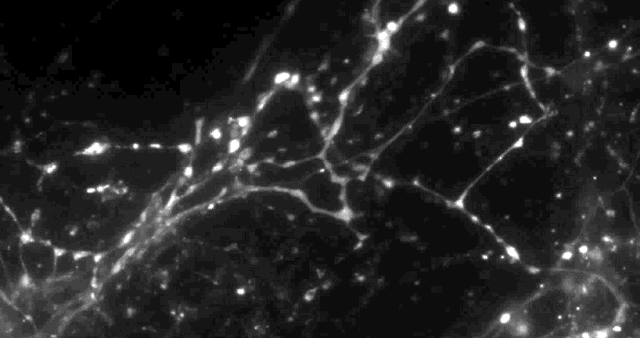
Columbia University scientists recently tested a new optical technique to study how information is transmitted in the brains of mice and made a surprising discovery: When stimulated electrically to release dopamine (a neurotransmitter or chemical released by neurons, or nerve cells, to send signals to other nerve cells), only about 20 percent of synapses — the connections between cells that control brain activity — were active at any given time.
The effect had never been noticed. “Older techniques only revealed what was going on in large groups of synapses,” explained David Sulzer, PhD, professor of neurobiology in Psychiatry, Neurology, and Pharmacology at Columbia University Medical Center (CUMC). “We needed a way to observe the neurotransmitter activity of individual synapses, to help us better understand their intricate behavior.”
Feb 29, 2016
Scientists discover that our brain waves can be sent by electrical fields
Posted by Shailesh Prasad in categories: biotech/medical, neuroscience
Most biology students will be able to tell you that neural signals are sent via mechanisms such as synaptic transmission, gap junctions, and diffusion processes, but a new study suggests there’s another way that our brains transmit information from one place to another.
Researchers in the US have recorded neural spikes travelling too slowly in the brain to be explained by conventional signalling mechanisms. In the absence of other plausible explanations, the scientists believe these brain waves are being transmitted by a weak electrical field, and they’ve been able to detect one of these in mice.
“Researchers have thought that the brain’s endogenous electrical fields are too weak to propagate wave transmission,” said Dominique Durand, a biomedical engineer at Case Western Reserve University. “But it appears the brain may be using the fields to communicate without synaptic transmissions, gap junctions or diffusion.”
Continue reading “Scientists discover that our brain waves can be sent by electrical fields” »
Feb 28, 2016
Headphones that get you high on dopamine are tipped to go on sale next month
Posted by Karen Hurst in categories: media & arts, neuroscience
Headphones that stimulate the release of dopamine in your brain and reportedly make you feel high as hell have been invented by Florida-based tech company, Nervana, and are set to go on sale as early as next month.
The headphones will pump music into your ears as normal, but at the same time, an integrated device will deliver a low-power electrical signal through your ear canal to stimulate the Vagus nerve — a nerve that runs from the brainstem to the abdomen and plays a role in the release of dopamine, a neurotransmitter that helps control the brain’s reward and pleasure centres.
“I felt the electricity go into my arm, and everything was tingling there, but the best moment for me was afterwards when I finished and stood up,” journalist Amanda Gutterman writes for Futurism.
Continue reading “Headphones that get you high on dopamine are tipped to go on sale next month” »
